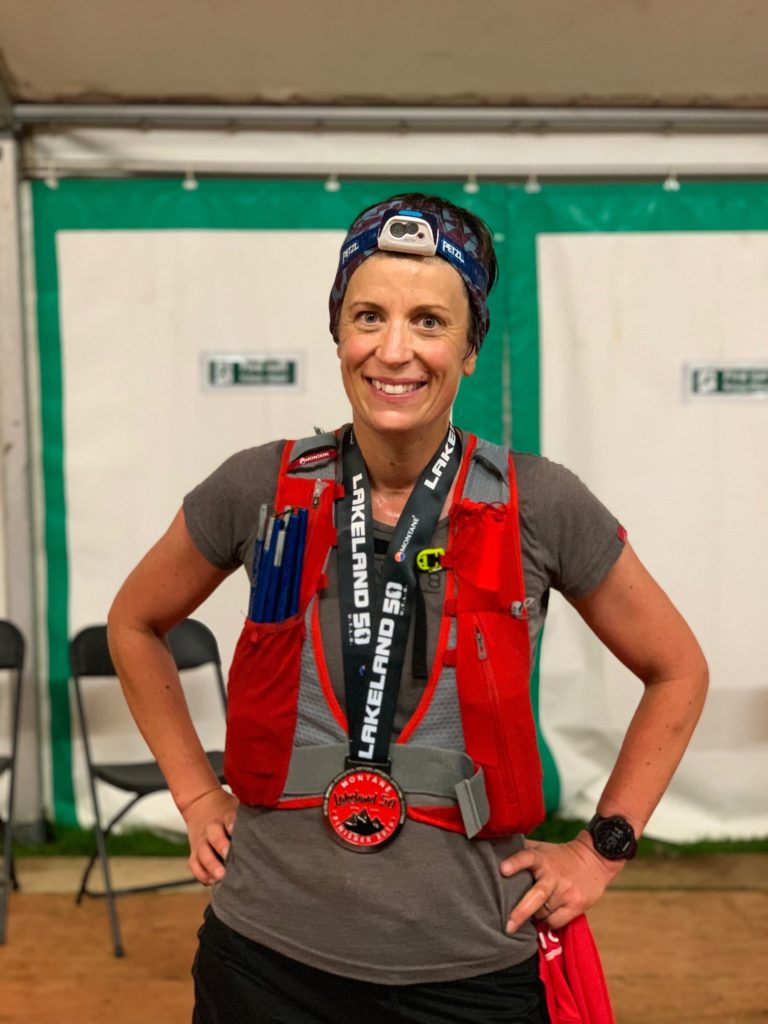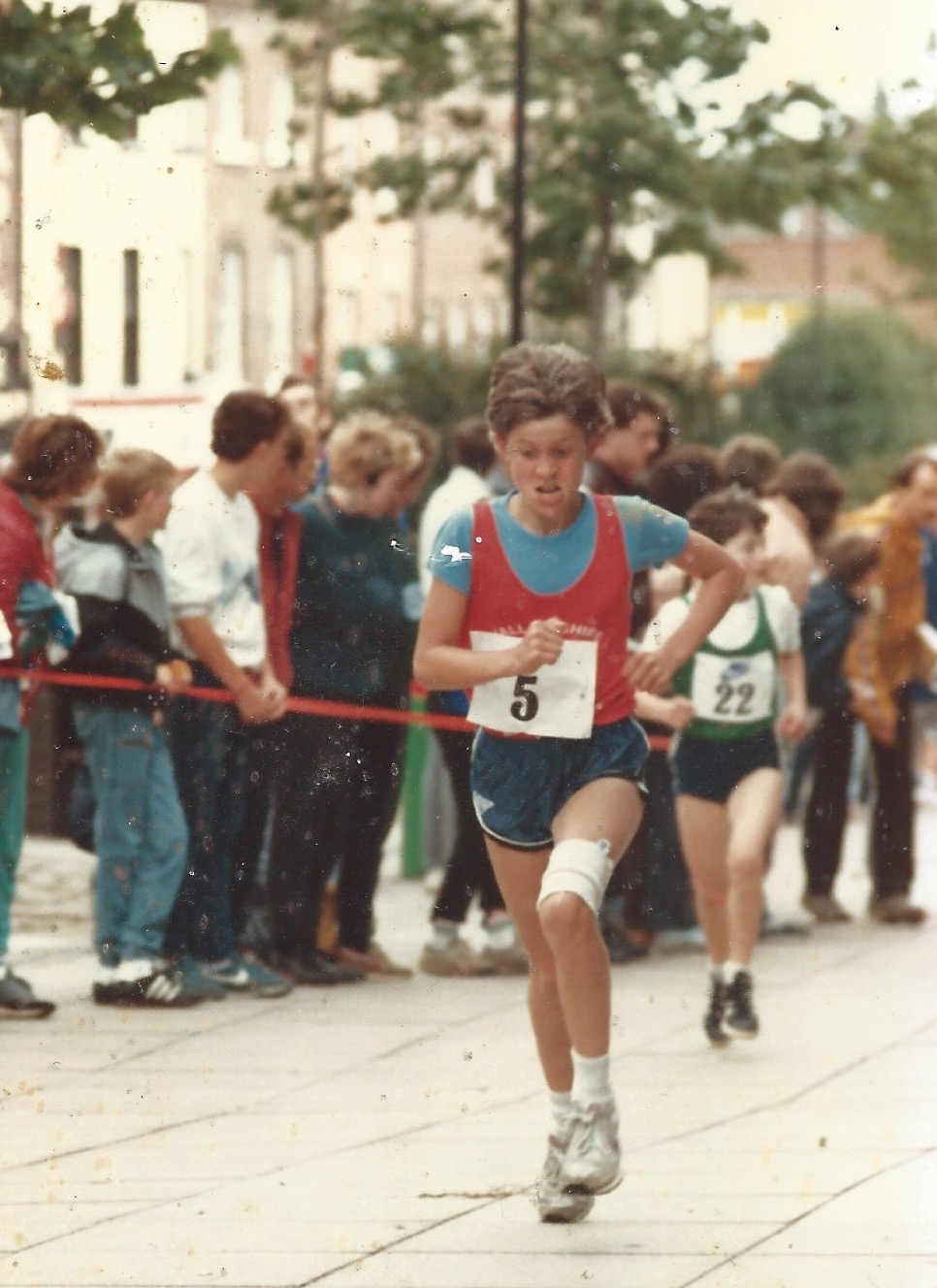When I first trained as a Relational Dynamics coach over a decade ago, a key principle of this programme was that we learn a huge amount about coaching from being coached ourselves. Therefore in that training model trainee coachees are coached and reflect on their experiences as coachees throughout as a core strand of their learning.
At first I would notice little things which might undermine trust, for example of the coach glanced at their watch – probably just to check the time – I’d wonder if they were really listening to me, or was I boring them? Next time I coached someone else I’d make sure my watch was easily visible to me so I could avoid that mistake. Another time a fellow coach asked me to complete a short questionnaire before our first session that included some interesting and powerful questions that really made me think – so (with permission) I adapted those questions and created my own preparatory questionnaire.
As coaches we can learn a huge amount through being coached
Even after qualifying as a coach, I still think it’s valuable to continue to experience first-hand being coached on a regular basis when you work as a coach. Yes I go on courses and read books about coaching, but most of my learning as a coach comes through direct experience of coaching (and reflection about it). As a coach I keep a reflective log and work with a supervisor, but I also take regular steps to learn through being coached. Over the past 12 months I have worked with a life coach on parenting; a running coach to help me prepare for a new challenge; and with fellow member of my local coaching network via their paired ‘co-coaching’ scheme on developing my business. I’ve also been a member of an Action Learning set (arguably a form of group coaching) for nearly a decade.
I don’t believe there’s one best way to be a coach…
…and hopefully any good coach will adapt how they work to their client anyway, so I enjoy experiencing a wide variety of coaching styles and seeing a range of professionals in action. So when I was reflecting recently about how I want to develop my coaching I started by thinking about some of the brilliant coaches I know and have worked with, and which of their qualities I would most like to grow more in my own work.
My first coach was a local legend and his athletes were legendary too
The first coach I remember was my very first running coach when I was around 12-13 years old. Roland was a bit of a legend at my running club because his group of athletes were by far the best around and also they worked notoriously hard. So when I was invited to ‘move up’ to his group I was equally intimidated by the hard work I knew would be involved and flattered that he had confidence in my potential. At that time I was very much a middle of the pack club-runner, but he trained people who won races and ran for the country. Surely enough within two years of working with R I was transformed as a runner: I had won several cross -country races and been selected to run for the county.
Looking back now as a coach at this, what I’d like to take from Roland’s example is the power of accountability. I’m not suggesting I want coachees to be afraid of me as coach (and let’s be perfectly clear he was a lovely chap – hard as nails but good-hearted), but that combination of encouragement and challenge captures something fundamental about the coach-coachee relationship for me. When a coach helps you to aim high you don’t want to let yourself down. At times that can feel like really hard work and the *fun* bit is that no-one else can do that work for you (and just look how much the younger me is trying in that photo!). The running coach literally stands at the side of the track cheering you on and observing how you are doing, but they aren’t the ones gritting their teeth!
Be more Isabel
At the other end of the spectrum is S, my current life coach, with whom I’m working on parenting my teenagers. She will challenge me to be clear, to focus on what’s in my control and not just talk about what I’m finding hard – but she also, very skilfully, offers encouragement because she can see that a lot of the time I’m being highly critical of myself as a parent. In doing this she enables me to notice my judgment is ‘off’ and I’m being too hard on myself at times. Her interventions help me see my own bias in how I’m interpreting and handling situations, which in turn means I can generate more options once those I’ve taken off those blinkers. In this she very much reminds me of my friend and associate Isabel Mortimer from whom I’ve learned a huge amount about encouragement in coaching ‘(be more Isabel’ I regularly urge myself when I can feel I’ve over-done it on clarity and challenge with a coachee!).
Sports coaching isn’t actually always that different to leadership coaching
It is often said about coaching that the coach doesn’t need to know about the content to coach you on it – because they are not advising, they are helping you to think it through for yourself. And I’m struck that whilst I do most of my coaching with people working in charities and the arts I’ve actually learned a lot about coaching from coaches working in other disciplines: notably sports coaching. On the surface sports coaching is very different to life or business coaching because sports coaches are often eminent sports people in their own right and do offer advice at times. But many of the best sports coaches also use non-directive techniques and approaches – for example they encourage you to set your own goals and whilst the running coach I’ve worked with most recently, Kim, might offer advice about training plans she encourage me to make decisions about how best to schedule my training in a way that will fit in around my other commitments.
One of the things that has most impressed me about Kim’s coaching is how her calm focus on helping me develop a very detailed plan for the wildly ambitious things I sign up to gives me confidence I will be able do it, so long as I manage to follow the training plan. With her help I managed to complete my first 50-miler in 2019 (that big smile below is because I had finished after 12 hours in the rain and could finally have a cup of tea, a shower and a nice lie down).

There’s no judgement when I turn up to a coaching session declaring I’m going to try and do something way beyond what I’ve achieved before (like a 100 mile race 😳), just a calm ‘down to business’ conversation about how I am going to make that happen. Once or twice that’s enabled me to realise I may have bitten off more than I can chew so I might change my plans. But I decide to change my plans myself, I’m not cut down to size by someone with more experience. And more than once or twice that’s also enabled me to achieve new levels of performance. That focus on the very practical action planning side of coaching isn’t the most glamourous part of the job, but good plans build confidence, commitment and lead to success.
So, in addition to supporting me to achieve new levels of success in my running and work life, and happiness in my parenting, being coached has really helped inspire me to think about how I can be a better coach to others – focussing in 2021 on enabling high levels of motivation through accountability; offering encouragement when needed and supporting clients to develop their own world-beating plans.

